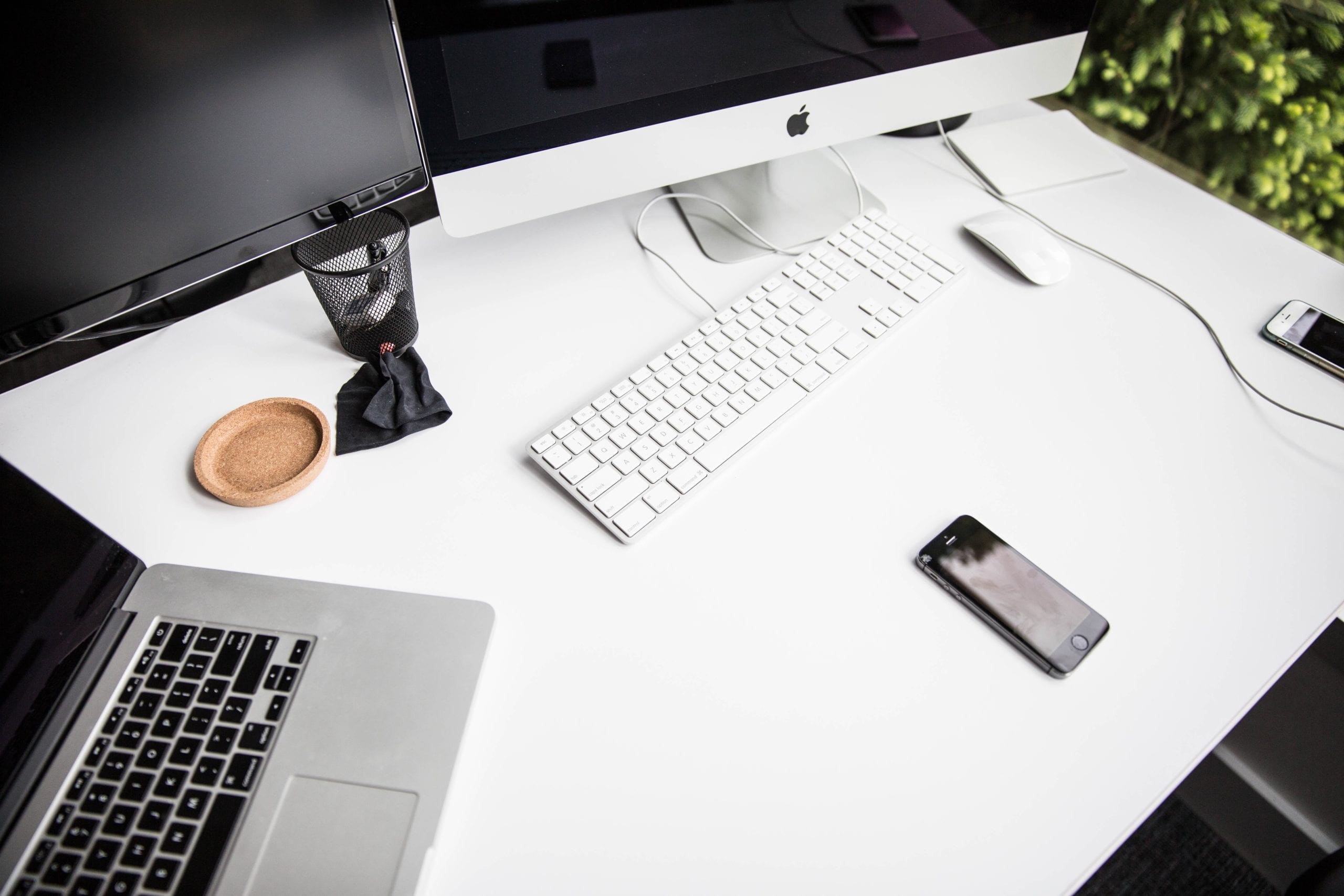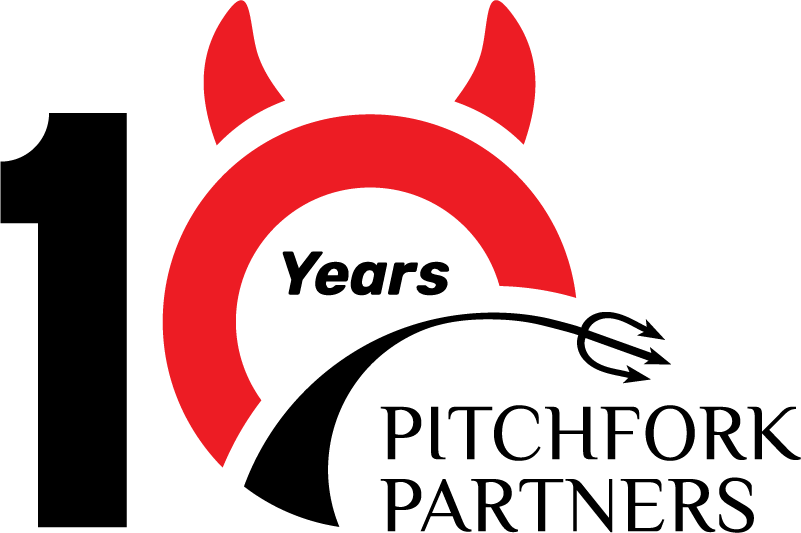
Surviving a transformed world: what businesses can expect
The lockdown is battering the global economy and many believe a recession has already set in. Most commercial hubs are shut and many industries have begun to lay off employees. While governments across the world have introduced stimulus measures, the future is far from certain.
The effects of the outbreak will depend to a large extent on how long the economic pause lasts. What is certain is that our lives and work culture will never be the same again.
However the coronavirus pandemic pans out, it will force a rethink of how business is done. A shrinking economy will require a different mindset. It will demand honest conversations across organisations that challenge the existing way of doing things. Think of it as a strategic challenge before senior management that includes building trust in the organisation. The lack of such a commitment will undermine management’s ability to create a culture suited to a new reality.
Among the many characteristics of this new reality will be the mainstreaming of remote working. It can be very effective if businesses are able to redesign processes. Work hours will become even more flexible and may even reshape the work week.
It’s well known that productivity rises when people work in comfortable environments like home. The downside is that teams can feel isolated and out of touch.
To get over this leaders will have to work out ways for people to stay engaged with each other. You can’t change everything in one go, so focus on what’s within reach. For starters, you can synchronise communication by using tools like Google Hangouts or Skype.
It might also require altering the composition of teams, creating flexible groups with shifting membership – even across locations. We might even see the jettisoning of static corporate structures towards dynamic forms. However, you can’t achieve this without employee trust and taking on board everyone’s views.
This is also the best way to tear down silos, which could be make or break during tough business cycles. It’s the only way to achieve great efficiencies and for game-changing ideas to bubble to the surface. Silos focus attention on a limited number of people and ideas. Their disruption will send positive ripples across the organisation.
Large companies will find greater civic engagement to be a strategic imperative. By patronising local businesses and making a difference to the community, businesses will find crucial support on the ground.
The coronavirus outbreak struck at a time when the global economy was already under stress due to shrinking growth and other factors such as the trade war between the US and China. The added pressure will probably force businesses to rethink their global value chains.
What’s certain is that resilience will become the most important character trait for a firm to be successful. Many businesses that have now suspended operations will not revive. These range from restaurant chains to communication agencies and manufacturing industries to financial services. The ones that do will be the ones that have found ways to persevere despite the adversity.
While there is a long, hard road ahead that requires planning on various levels, you’ll also need a plan to embrace opportunities. Previous economic crises have taught us that companies that are proactive and growth-oriented, even as they adapt to a new world, have an edge coming out of the crisis. Be such a company.








